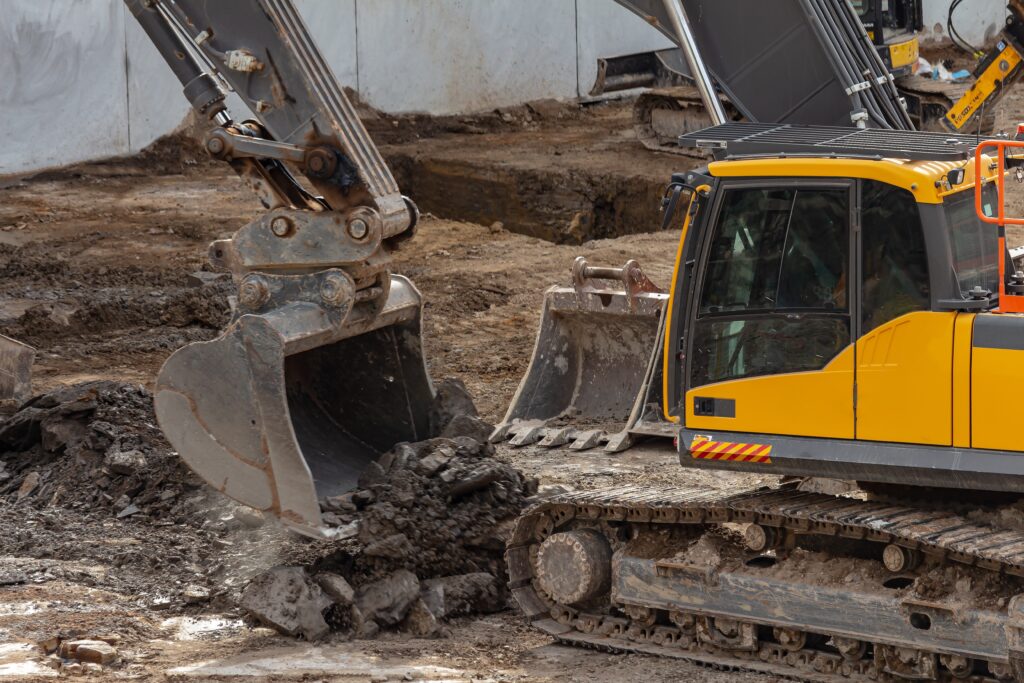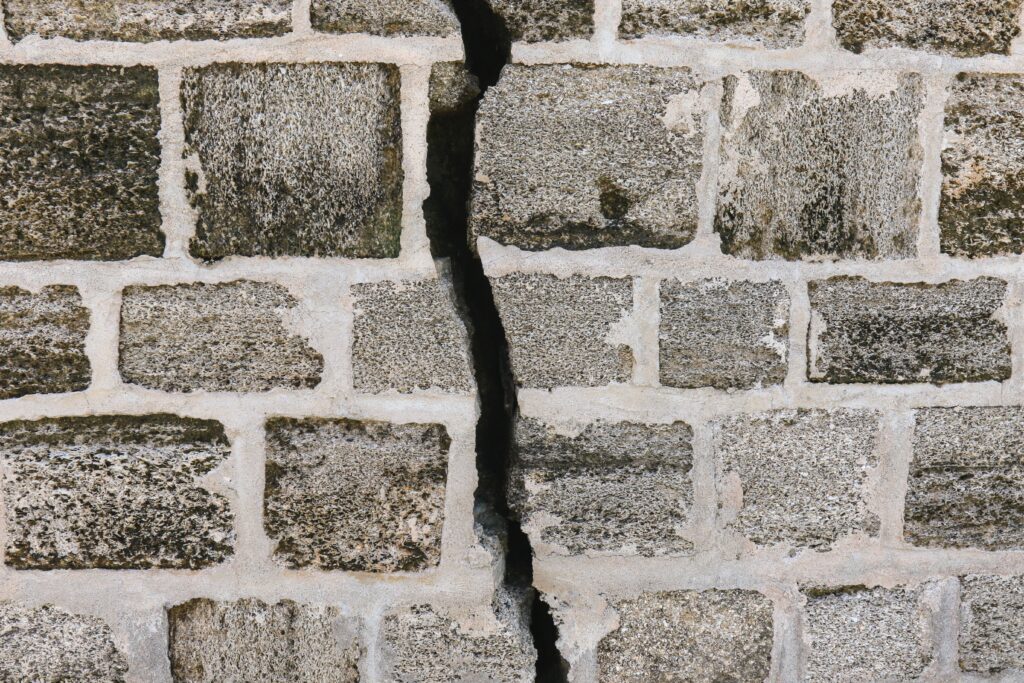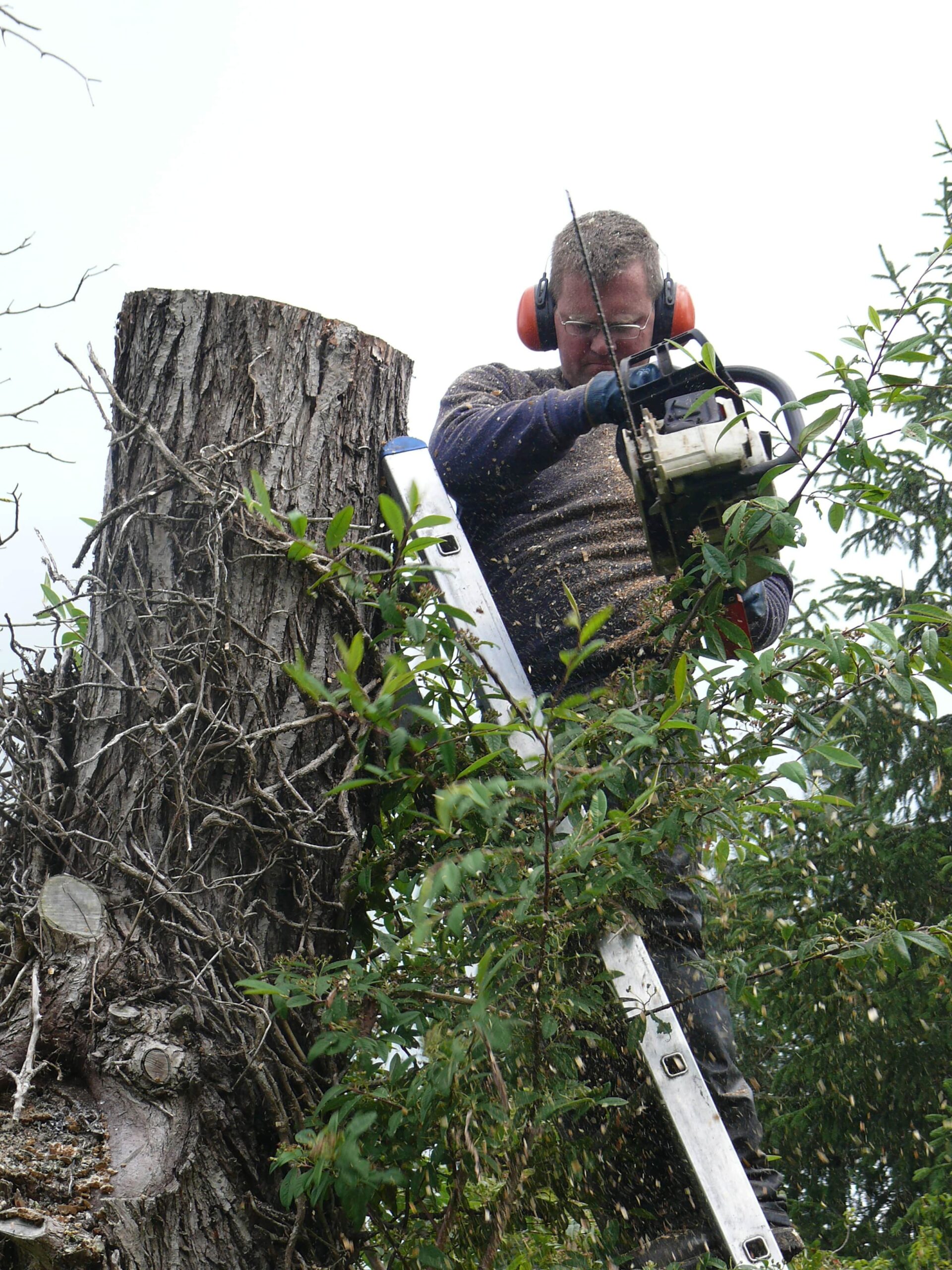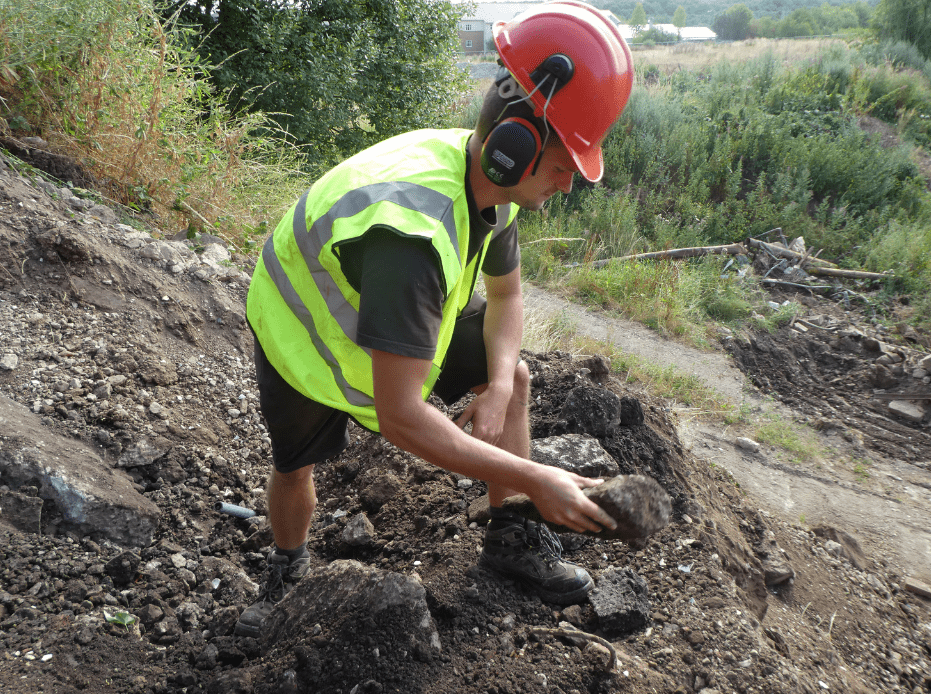What is Ground Heave and How Can I Remedy it?
Have you wondered what is ground heave? Ground Heave can have a long-term effect on any building work taking place, make sure you know how to remedy it.
What is Ground Heave?
Ground heave is the upward movement of soils which can occur at any stage of the building or development process. Ground heave is usually associated with clay soil which swells when wet. This then rises upwards – the effect is almost exactly the opposite of subsidence. Despite the actual ‘heave’ often being relatively small (less than 150mm), this can have a long-term effect on any building work taking place.


How do you know it is there?
Signs of ground heave can include vertical cracking to brickwork and windows (if the cracking is diagonal, this may be subsidence). It may also be evident through door frames warping so they are ‘not square’ and paths and patios lifting from their originally laid level.
What causes Ground Heave?
Ground heave is most commonly caused by the removal of established trees. As the roots die away and no longer draw water from the soil, the soil retains more water and will swell when wet. A soil analysis (to analyse the consistency of soil) or a tree survey (to identify the root protection areas of any established trees) can stop the problem developing before it begins.
Other causes of ground heave include soil being removed during excavation, a change in the level of the water table or broken drains. Nearby building works impacting ground drainage, extreme weather conditions or trapped water in the soil freezing and causing the soil to expand can also cause ground heave.


How can Ground Heave be Stopped?
As mentioned above, potential issues with ground heave can often be identified via a soil analysis or tree survey (including an arboricultural method statement if extensive building work is taking place). To stop ground heave, the root cause first needs to be identified and remedied. Once this has been done, depending on the severity of the heave, foundation work will need to take place – reaching down to sub soils that have not been affected by the heave. This can often be costly, as well as causing delays to projects. Advice should only be taken in consultation with a surveyor, who can fully assess the site in question.
Contact Us Today!
Here at ProHort, we offer Soil Analysis and Tree Surveys. If you are having issues with Ground Heave, visit our services page to find out what we can do to help. For more information, give us a call on 01782 479 479 or get in touch.
